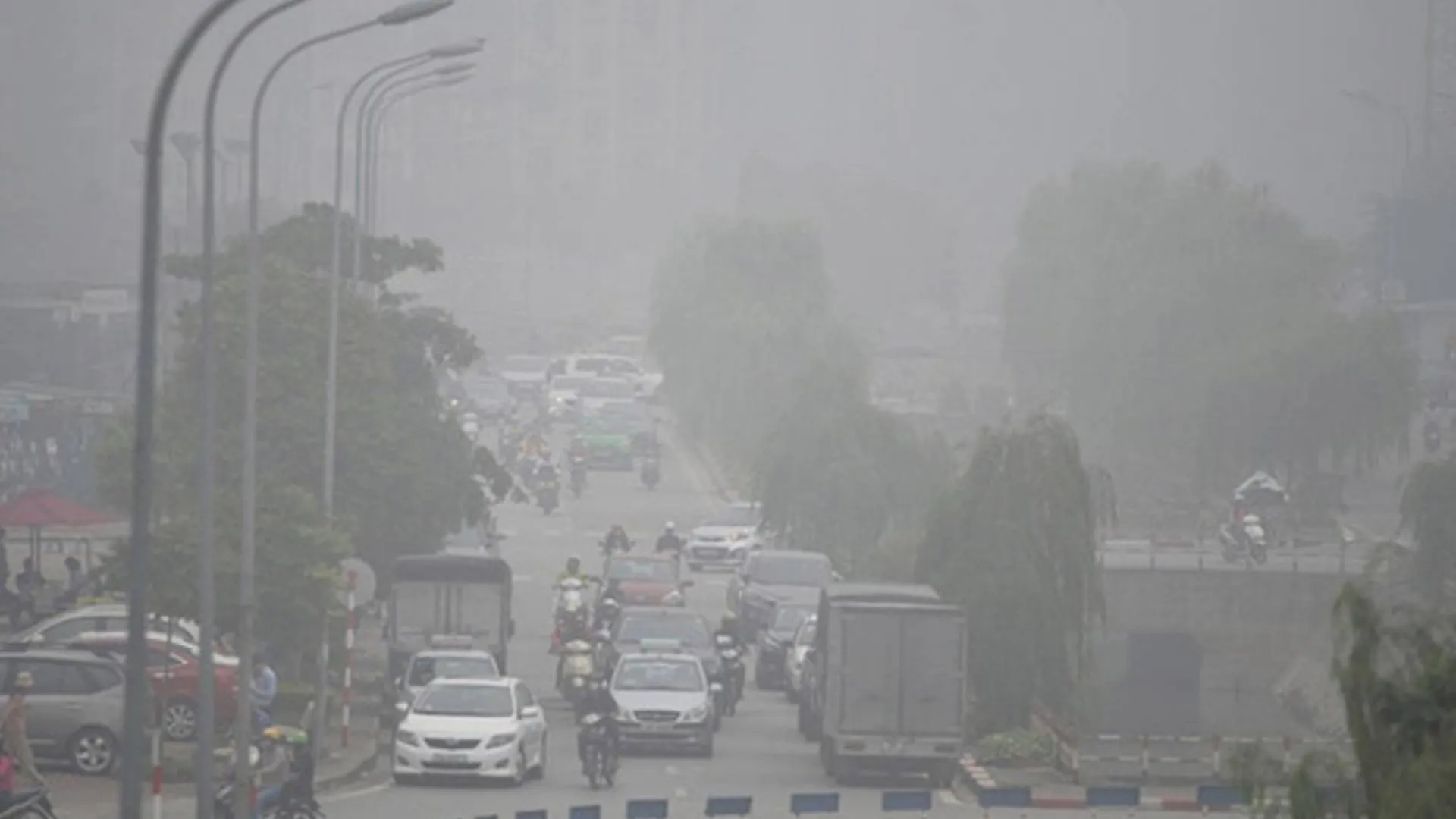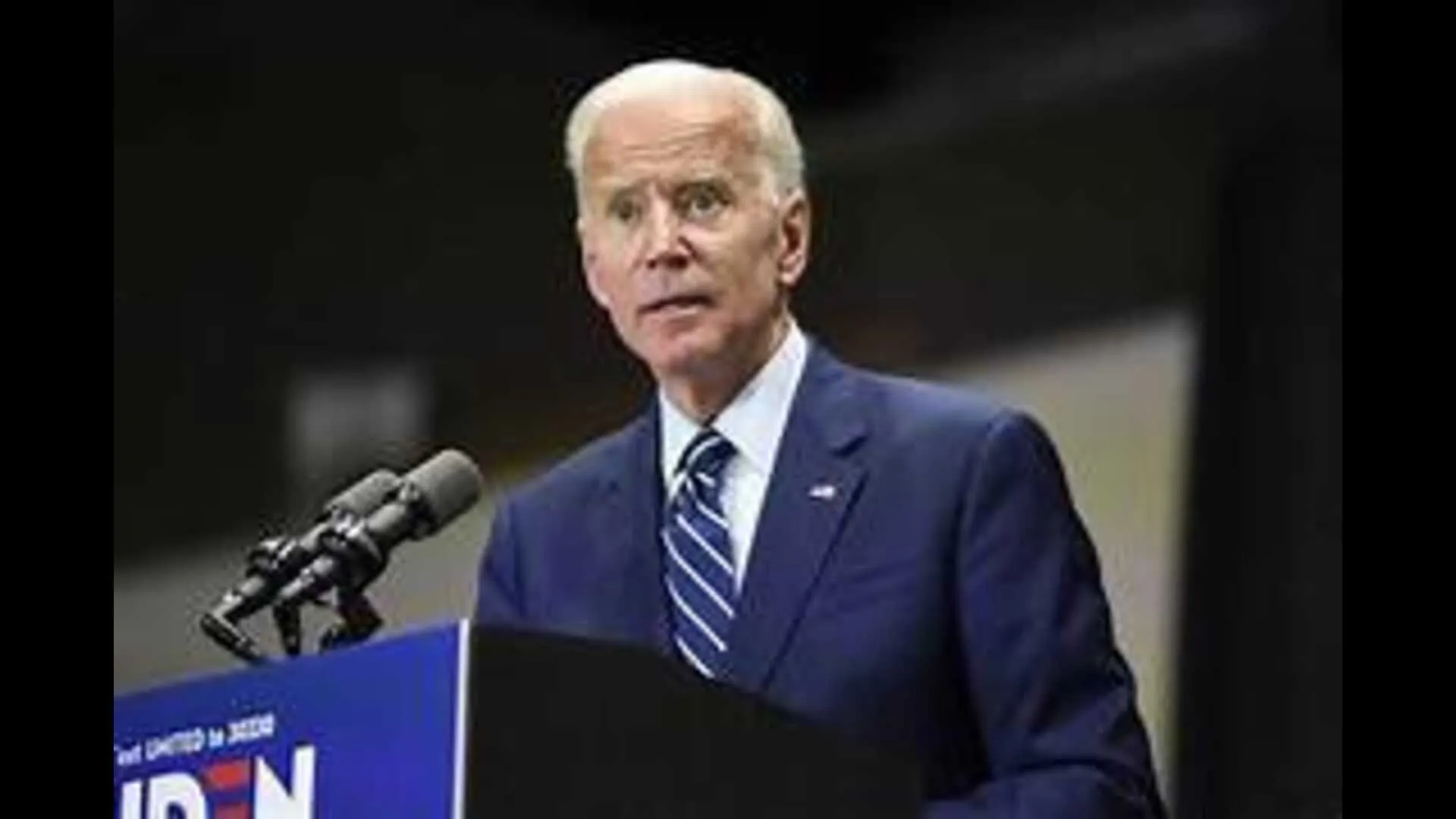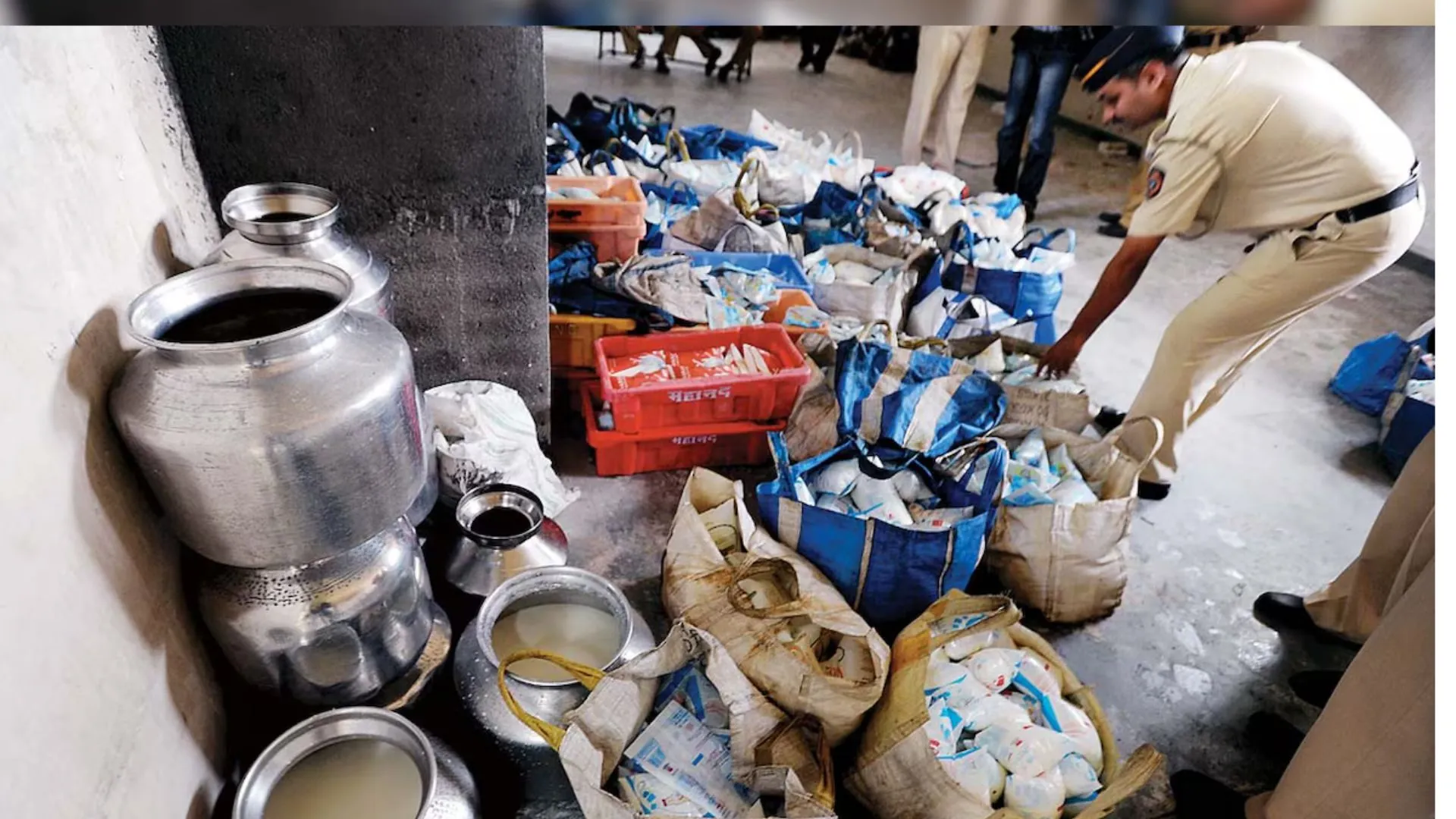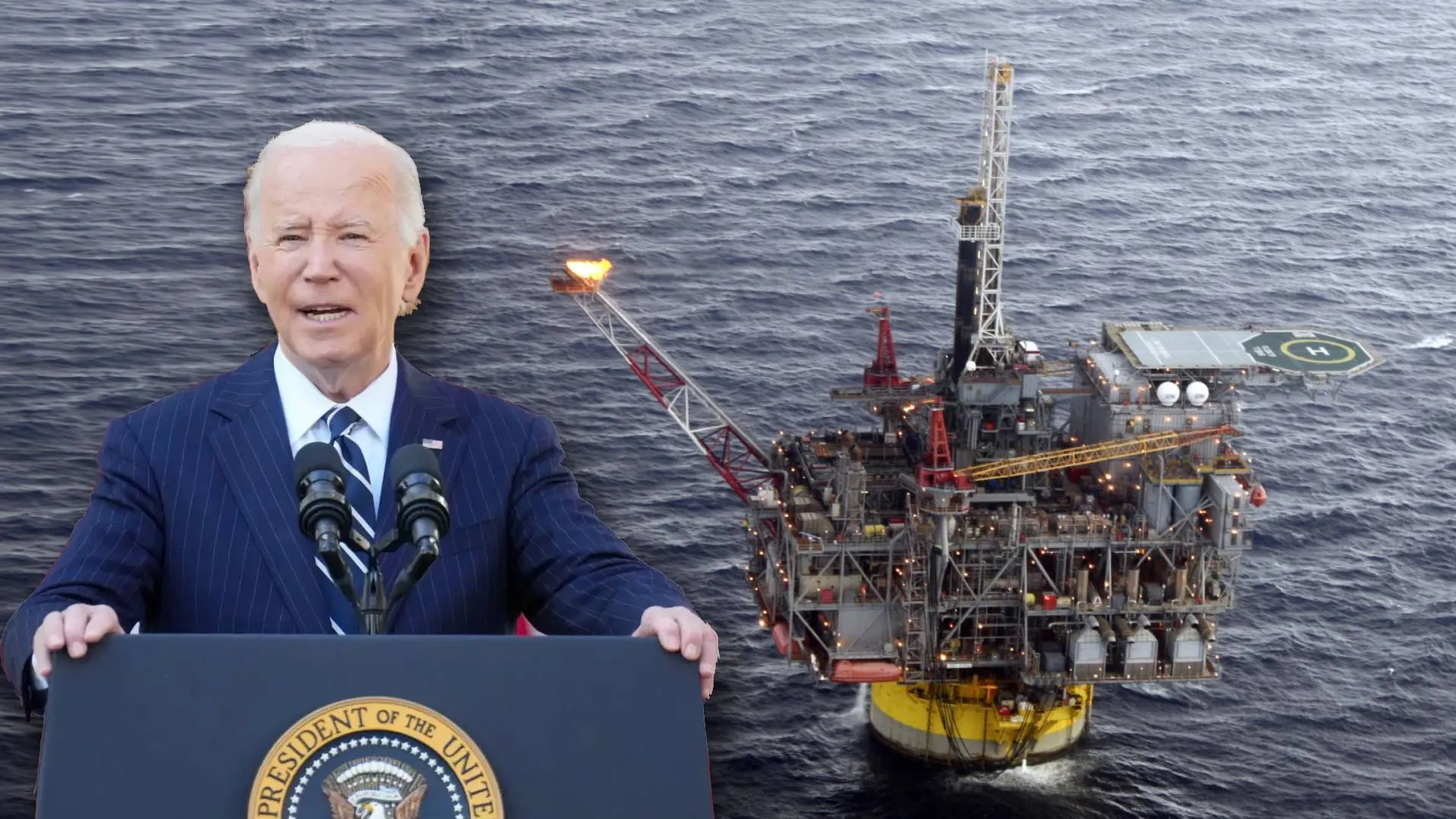National security is a subject having a very wide ambit and needs to cover a much wider period for any meaningful analysis. As the Ladakh standoff, as well as the Covid-19 pandemic, roll over to 2021, extrapolating some of the immediate trends, under the existing realities can help anticipating some strategic and security challenges about future security dynamics of the country. Year 2020 ended with India facing some ongoing, unprecedented challenges like Ladakh standoff, Covid-19 pandemic, and economic slowdown, besides adding ‘health security’, data security, digital and economic encroachment, as a new dimension to existing threats to national security, relevant in 2021 as well.
LAC STANDOFF IN LADAKH
China, having marched in areas, where it was not supposed to be, junking all CBMs, as part of overall ‘Incremental Encroachment Strategy’, to unilaterally alter the status quo along Line of Actual Control LAC in its favour, exploiting first mover advantage over India, making unfair use of its engagement in combating Covid-19 pandemic. It’s expectation that India will accept nominal disengagement, while Chinese troops will continue to be sitting in Depsang, Finger 8 to Finger 4 and some other areas, was a miscalculation. Indian quick response, and national resolve amidst the pandemic, combined with proactive posturing for effective domination of some heights on Kailash Range ahead of Chushul, in areas South of Pangong Tso and some heights North of Finger 4, wasn’t expected by China.
China finds itself entering 2021 with major concern of Indian forces digging heels at existing positions in the standoff, prepared for all contingencies, with Chinese positions/garrison South of Pangong Tso becoming vulnerable to Indian occupation of heights on Kailash range. With the level of trust deficit between two countries, Chinese are also concerned that any pull back, without a mutual agreement can lead to Indians occupying some important features vacated by them, which can turn out to be a political disaster for CCP; hence it finds no choice but to continue sitting in these positions. The Indian concerns include extra kilometrage with China in Depsang, Finger 4 to 8 and other areas, restrictions on patrolling, vulnerability of DS-DBO road; hence freezing the situation at this juncture will de facto alter LAC, which will add to avoidable historical errors. Both sides continue to reinforce their positions and infrastructure development, to improve sustainability of troops, as nine rounds of talks at military commanders’ level end, without yielding any worthwhile results.
What are the objectives?
Chinese political aim has always been to have China-centric Asia, and forcing Indian subordination is a necessity to achieve it. This aim could not be achieved, despite its adventurism in Ladakh so far, but will remain unchanged in 2021 as well.
Chinese strategic aim to control Eastern Ladakh was to provide depth to its National Highway G-219, Karakoram Pass and China-Pakistan Economic Corridor (CPEC), redraw Line of Actual Control (LAC) as per its perception and negotiate border on their terms thereafter. China can claim to have partially achieved this aim by occupation of extra kilometres in standoff areas in eastern Ladakh, however it finds itself handicapped by Indian reaction, resistance and resolve, with proactive actions resulting in newly created vulnerabilities for China, South of Pangong Tso. China will continue to be uncomfortable with Indian dispositions in India’s Sub Sector North including DBO, infrastructure development including DSDBO road, as a threat to crucial Tibet-Xinjiang-Pakistan connectivity. Chinese aim of preventing Indian infrastructure development hasn’t been achieved, as both sides continue development of infrastructure in areas they perceive to be theirs.
Chinese strategic aim in 2021 will demand to hold on to its gains and get Indian troops out of Kailash Range. The approach of talks to reach an agreement for disengagement and de-escalation based on mutual and equal security, are aimed to make Indians pull back from Kailash range in exchange of PLA pulling back slightly from some unimportant areas. A military action post winters to evict Indian Army from Kailash Range by China cannot be ruled out, but the option is marred with a major risk of loss of face for Xi Jinping, as a military defeat is last thing which he would like to face in chasing China’s dream, that too in centenary of formulation of CCP. PLA’s centre of gravity of military operations will continue to be eastern Ladakh and infrastructure build up/encroachment along the rest of the LAC will be to strengthen its bargaining position. China will continue to try encroaching Bhutanese land to create more space in Chumbi Valley, to threaten the Siliguri Corridor.
Indian aim should be not to concede unilateral shift of the LAC as LAC-2020, be prepared for ‘Two Front War’ as a worst-case scenario, and continue capacity building accordingly. The talks should continue as a preferred option, but by any strategic calculations I do not see China conceding to Indian official demand of pulling back to pre-April 2020 positions through talks alone. With such operational compulsions, commencement of some tactical probing actions, and resultant patrol clashes are likely, along with talks, as we move forward with standoff. In light of no major breakthrough in the 22nd round of China-India border talks, I do not expect any worthwhile development on delineation, delimitation for demarcation of the LAC, which, otherwise is necessary to prevent a repeat standoff, even if the present one sees some resolution. This is inescapable and should be the aim of both countries, which must be insisted.
This is Part 1 of the three-part series article.
The writer is a strategic and security analyst, a veteran Infantry General with 40 years’ experience in national & international fields and UN.























